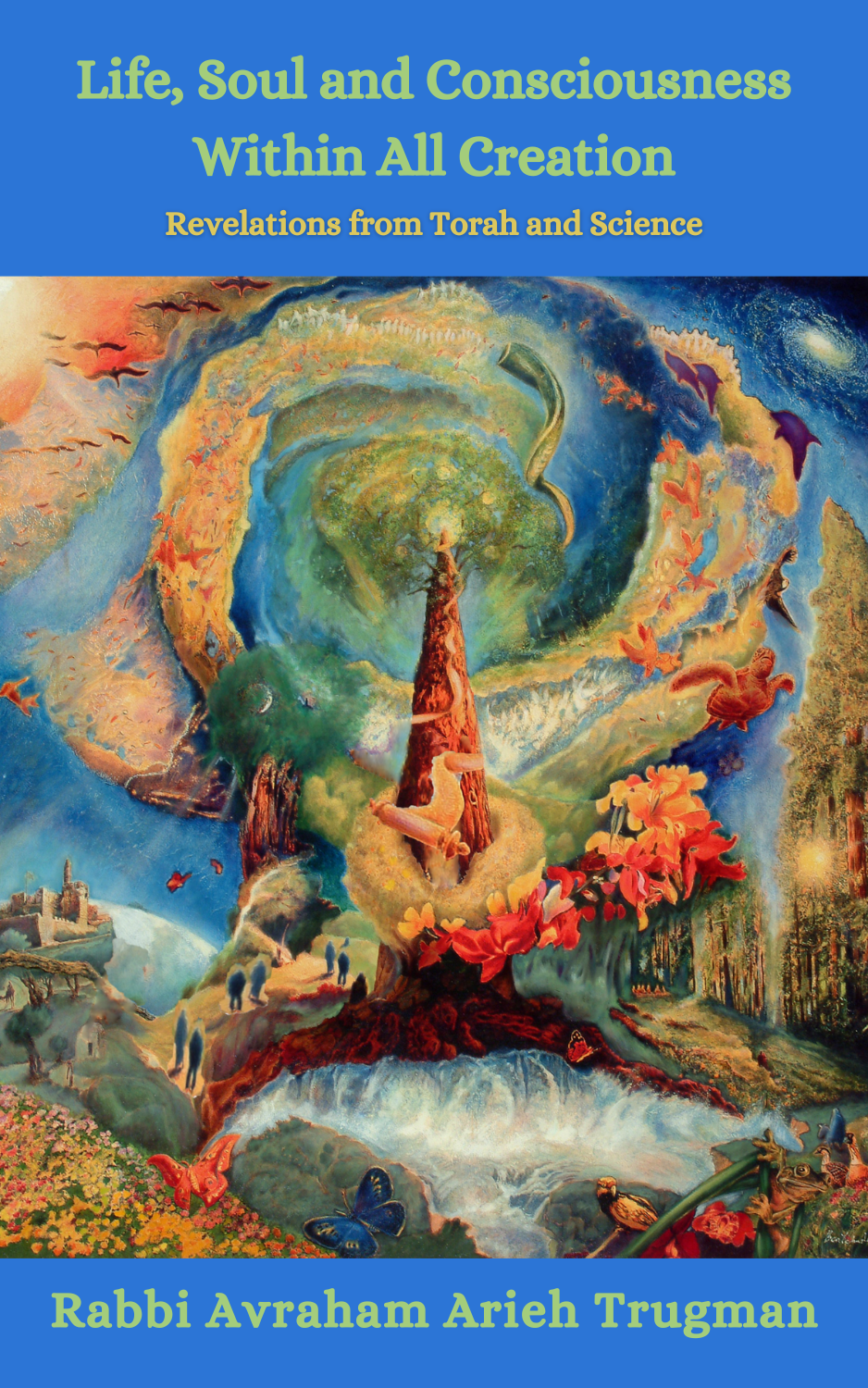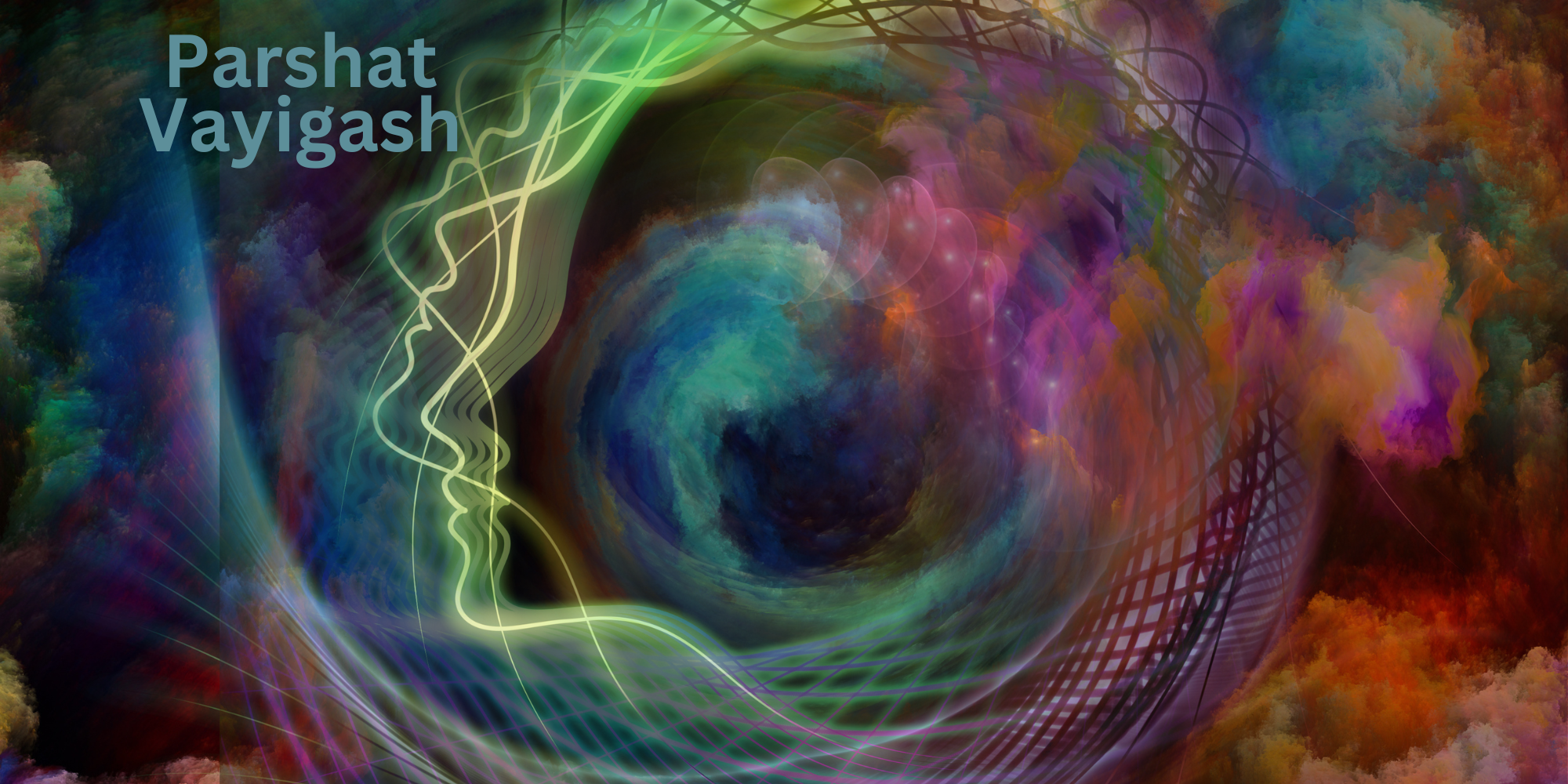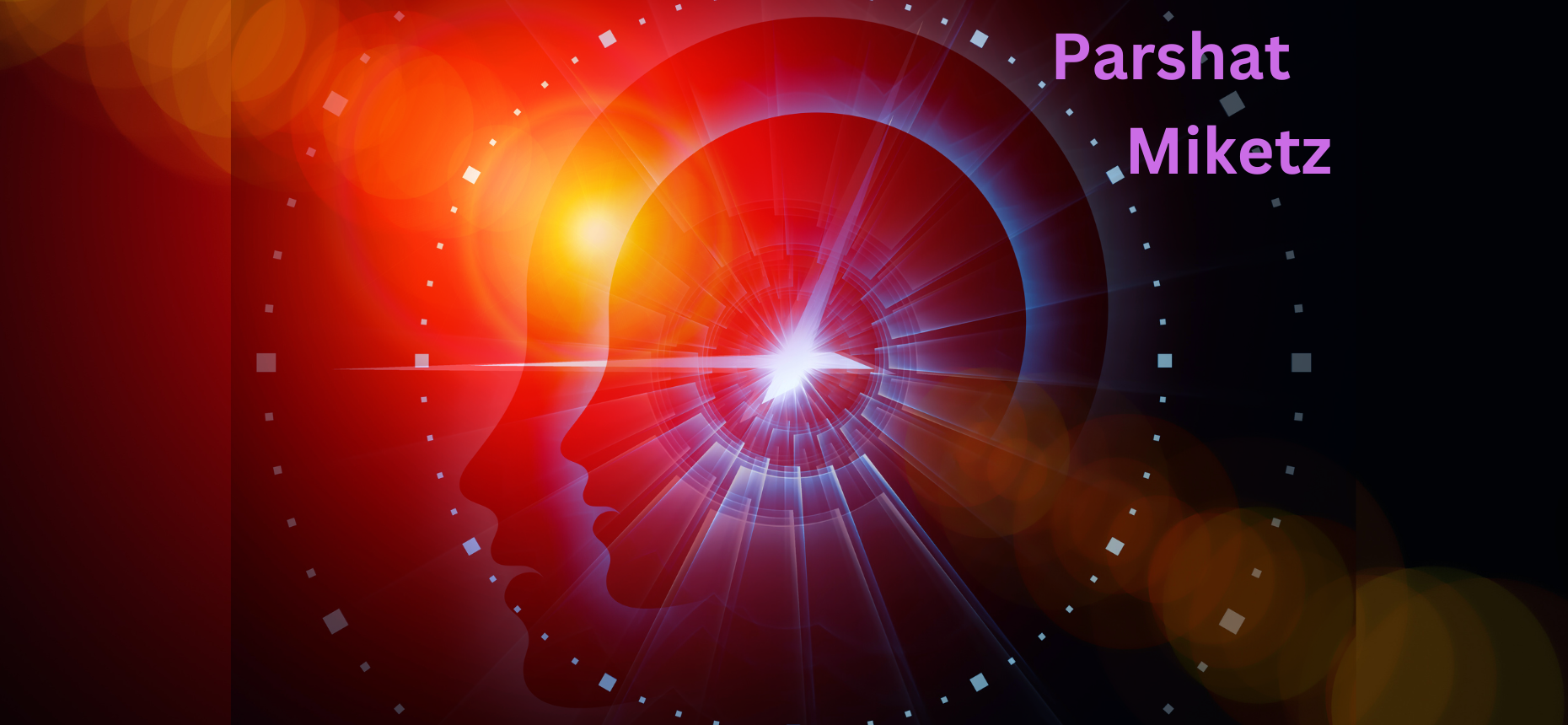Between the portion’s opening verse and Jacob’s dream, there is only one verse: “And he came upon the place and slept there for the sun had set; he took from the stones of the place and placed them around his head, and he laid down in that place.” The Sages explain that the Hebrew word translated literally as “he came upon,” in this context, means “he prayed.” As Rashi points out, this term undoubtedly refers to prayer elsewhere. The Sages added that Jacob’s prayer, like his forefathers’ prayers before him, served to establish a prayer service. Abraham established the Morning Prayer; Isaac the Afternoon Prayer; and Jacob, with this very prayer, established the Evening Prayer.
In light of the obstacles inevitably impeding spiritual advancement (discussed in the previous section), prayer is vital to Jacob’s successfully completing his mission. Jacob’s prayers at night represent his turning to God even in the midst of darkness and uncertainty. Paradoxically, the very times we most need God’s help are when depression, sadness, or feelings of futility make it hardest for us to reach out to Him. That Jacob had the presence of mind to turn to God when things got tough, serves as a precedent for his descendants in every time and place.







